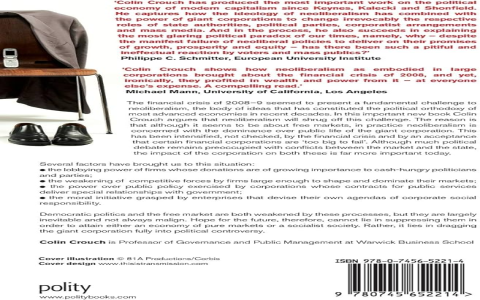In the tapestry of human civilization, the thread of business has been a significant force in shaping the world we live in. Business, often perceived as a mere profit-driven entity, is much more than that. It is a catalyst for societal change, a driver of innovation, and a key player in the evolution of human progress. This essay aims to explore the unique and often underappreciated role of business in molding society.

The influence of business extends beyond the economic realm. It is a social architect, designing the infrastructure that supports communities and nations. From the construction of hospitals and schools to the development of public transportation systems, businesses have been instrumental in creating the physical and social environments that foster growth and well-being. The corporate world’s investment in urban planning and community development has transformed cities into vibrant hubs of culture, commerce, and innovation.
Moreover, business is a harbinger of change, challenging the status quo and pushing the boundaries of what is possible. The advent of the internet and the rise of e-commerce have revolutionized the way we live, work, and interact. Companies like Amazon and Alibaba have not only disrupted traditional retail but have also reshaped consumer behavior and expectations. This relentless pursuit of innovation by businesses has led to the creation of new industries and the obsolescence of others, driving a continuous cycle of creative destruction that propels society forward.
Business also plays a pivotal role in environmental stewardship. As stewards of significant resources, companies have the power to implement sustainable practices that can mitigate climate change and preserve the planet for future generations. The shift towards renewable energy, the reduction of carbon footprints, and the adoption of circular economy models are all testaments to the business world’s commitment to environmental responsibility. Leaders like Tesla and Patagonia have shown that profitability and sustainability can go hand in hand, inspiring other businesses to follow suit.
Furthermore, business is a cultural force, influencing and reflecting societal values. The corporate ethos of diversity and inclusion has led to a more equitable workplace, breaking down barriers and promoting a culture of acceptance. Companies like IBM and Procter & Gamble have been pioneers in this regard, advocating for a diverse workforce that mirrors the societies they serve. This cultural shift has not only enriched the workplace but has also spilled over into the broader society, fostering a more inclusive and tolerant world.
However, the power of business is not without its challenges. The pursuit of profit can sometimes lead to ethical dilemmas and social inequalities. The exploitation of resources and labor, the widening wealth gap, and the erosion of privacy are issues that businesses must confront and address. It is through responsible corporate governance, ethical business practices, and a commitment to social impact that businesses can ensure their role in society is positive and sustainable.

In conclusion, the business world is not merely an economic engine; it is a multifaceted entity that shapes society in profound ways. It is through the lens of business that we can envision a future where innovation, sustainability, and social responsibility are not just ideals but the norm. As we look to the future, it is imperative that businesses continue to evolve, adapting to the changing needs of society and leveraging their influence to create a better world for all.














